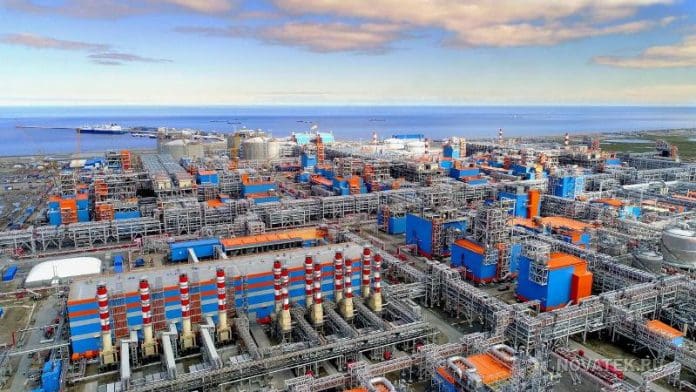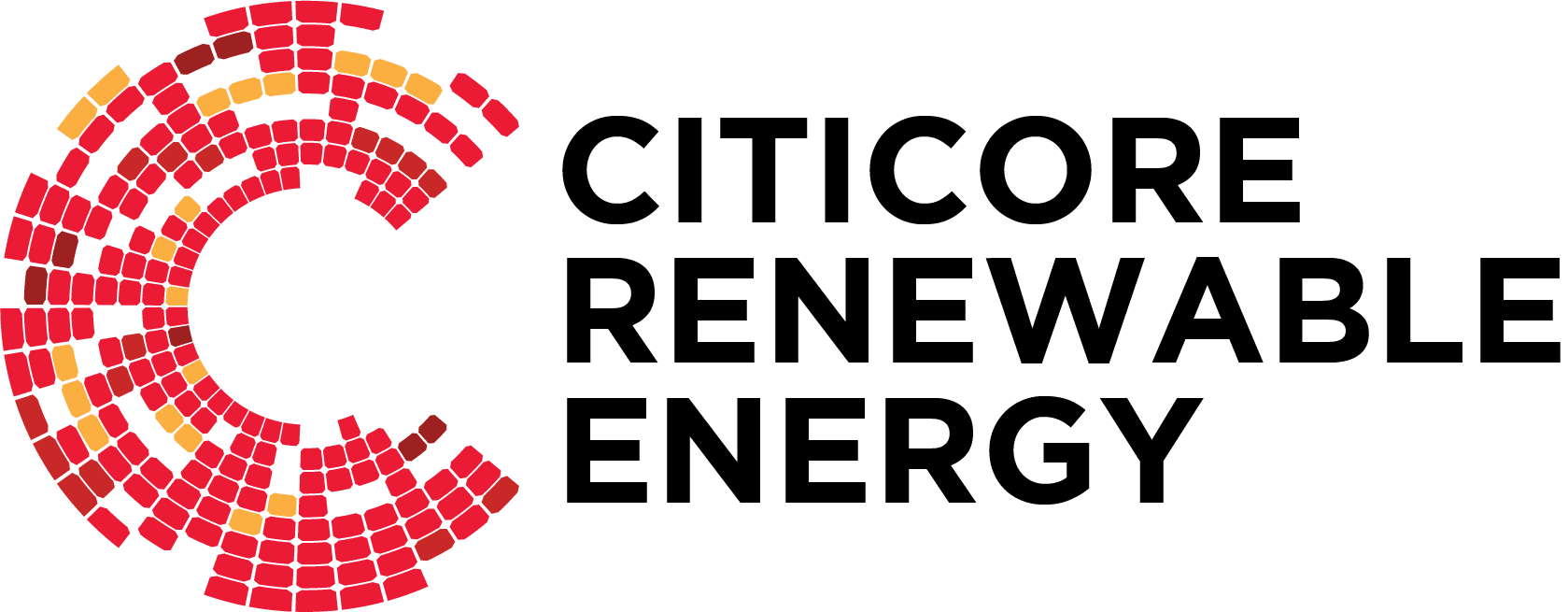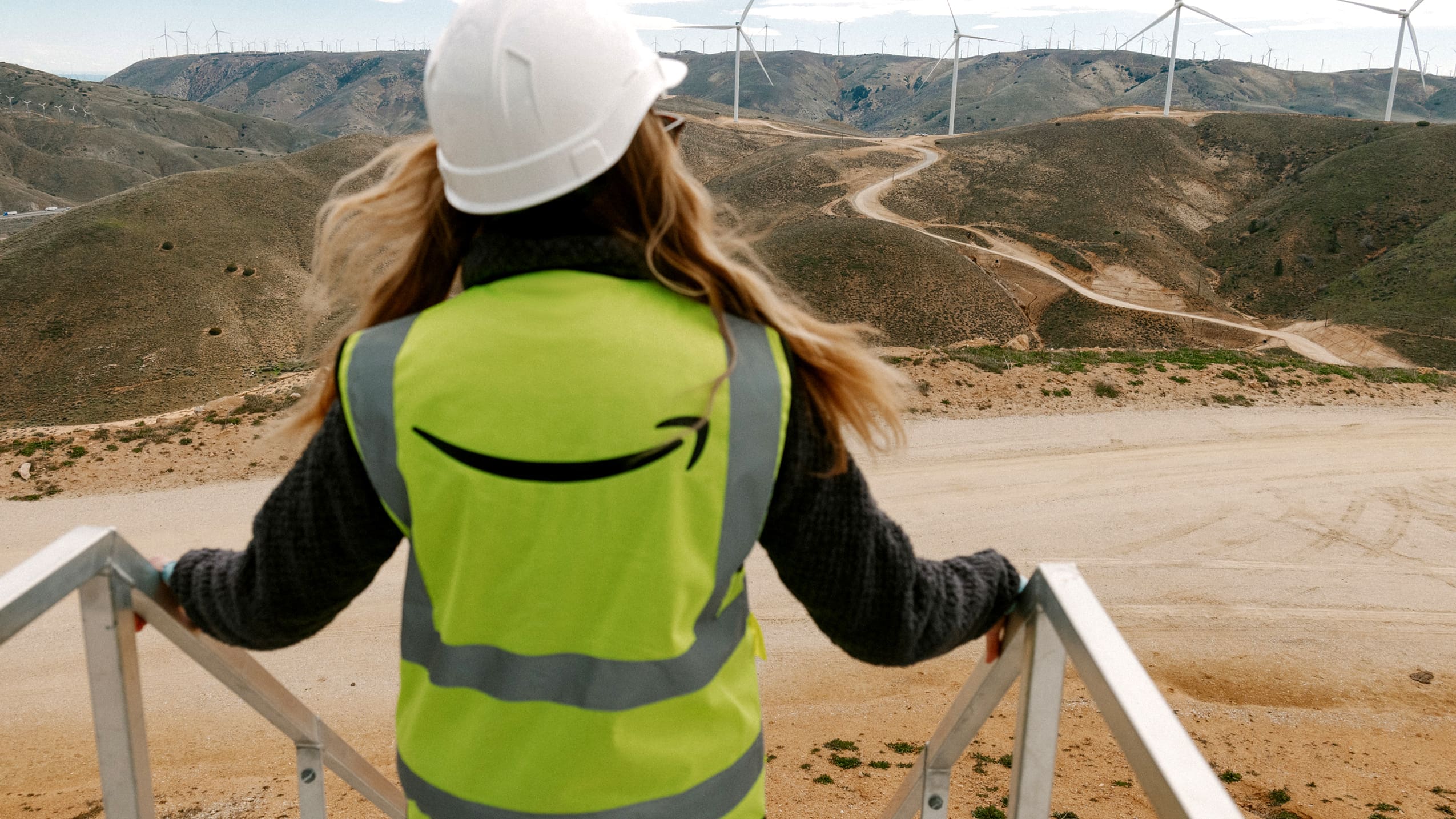
President Joe Biden and European Commission President Ursula von der Leyen announced a joint task force to reduce Europe’s dependence on Russian fossil fuels and strengthen European energy security as President Putin wages his war of choice against Ukraine.
Known as the Task Force for Energy Security, the new force will be chaired by a representative from the White House and a representative of the President of the European Commission. It will work to ensure energy security for Ukraine and the European Union (EU) in preparation for next winter and the following one while supporting the EU’s goal to end its dependence on Russian fossil fuels.
The task force will organize its efforts around two primary goals: (1) Diversifying liquefied natural gas (LNG) supplies in alignment with climate objectives; (2) Reducing demand for natural gas.
Diversifying LNG Supplies In Alignment With Climate Objectives
- The United States will work with international partners and strive to ensure additional LNG volumes for the EU market of at least 1.45 Bscf/d, or 15 billion m3 in 2022, with expected increases going forward.
- The United States and the European Commission will undertake efforts to reduce the greenhouse gas intensity of all new LNG infrastructure and associated pipelines by using clean energy to power onsite operations, reduce methane leakage, and build clean and renewable hydrogen-ready infrastructure.
- The European Commission will prepare an upgraded regulatory framework for energy security of supply and storage, as well as working with EU Member States to accelerate regulatory procedures to review and determine approvals for LNG import infrastructure. The United States will maintain its regulatory environment with an emphasis on supporting this emergency energy security objective and the REPowerEU goals.
- The European Commission will work with EU Member States toward the goal of ensuring, until at least 2030, demand for approximately 4.84 Bscf/d (50 billion m3/year) of additional US LNG that is consistent with our shared net-zero goals. This also will be done on the understanding that prices should reflect long-term market fundamentals and stability of supply and demand.
Reducing Demand For Natural Gas
- The United States and the European Commission will engage key stakeholders, including the private sector, and deploy immediate recommendations to reduce overall gas demand by accelerating market deployment of clean energy measures.
- Immediate reductions in gas demand can be achieved through energy efficiency solutions such as ramping up demand response devices, including smart thermostats, and deployment of heat pumps. The REPowerEU plan estimates that reductions through energy savings in homes can replace 15.5 billion m3 this year and that accelerating wind and solar deployment can replace 1.5 Bscf/d (20 billion m3 this year), and through EU’s existing plans such as “Fit for 55” to contribute to the EU goal of saving 16.4 Bscf/d (170 billion m3/year) by 2030.
- As global leaders in renewable energy, the United States and the European Commission will work to expedite planning and approval for renewable energy projects and strategic energy cooperation, including on technologies where both organizations excel, such as offshore wind.
The Biden Administration said that it will continue to collaborate to advance the production and use of clean and renewable hydrogen to displace unabated fossil fuels and cut greenhouse gas emissions, which will include both technology and supporting infrastructure.
















